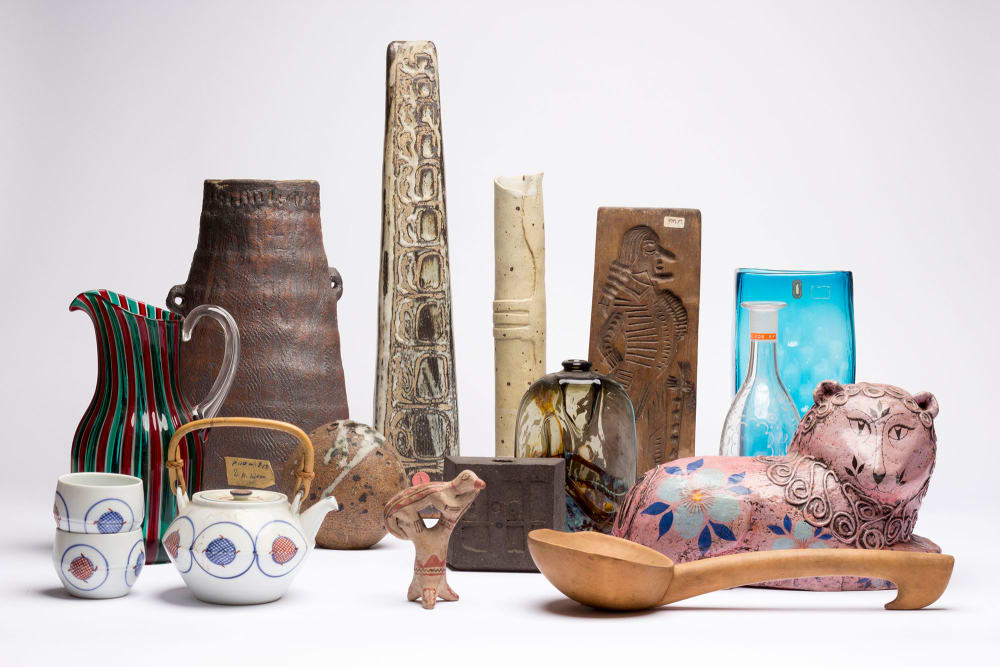I approached ten colleagues to participate in my focus group, these colleagues work in archives or collections across UAL in varying roles, for example Curators, Librarians and Archivists. These staff represented collections across all six of UAL’s colleges. Seven of them agreed to participate, and six were able to attend the focus group on the date and time arranged. On the day, two were unable to attend due to illness and personal reasons. I therefore conducted the two-hour focus group with four participants online via Microsoft Teams.
Initial reflections on conducting a focus group (crudely broken into negative and positive reflections):
‘Negatives’
- The group was difficult to organise, e.g. ascertaining participant availability, time consuming to organise and communicate with participants.
- Time consuming to conduct (2 hour focus group)
- Small group of participants, so a small data sample
- I only had time to directly ask a few of my prepared questions (however, a focus group is primarily about discussion between group so should be less focussed on questions)
‘Positives’
- This form of discussion encouraged deeper and wider responses to questions than another method would have, e.g. a questionnaire
- The discussion format enabled new topics or thoughts to be introduced and explored
- Formant appeared to develop an openness and honesty – could see this increasing in participants throughout
- Participants seemed to personally enjoy and appreciate the time and space to discuss their practice
During the focus group I was making notes of ideas and phrases that caught my attention. These are some of the themes that came out from my note taking:
- Object ambiguity as a leveler vs. familiarity enabling cultural knowledge exchange
- Practicality, pressure and performance – what is ‘success’?
- Methods of conveying information
- Importance, or not, of staff knowledge of objects
- Using objects to disrupt
- Asking for (uncompensated) labour from colleagues and students of colour
- Use of trigger/content warnings
- Policies being undermined by practices
